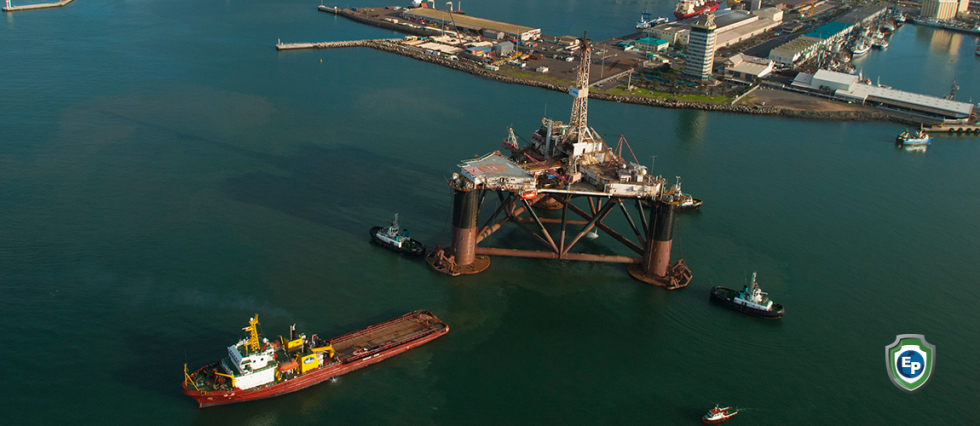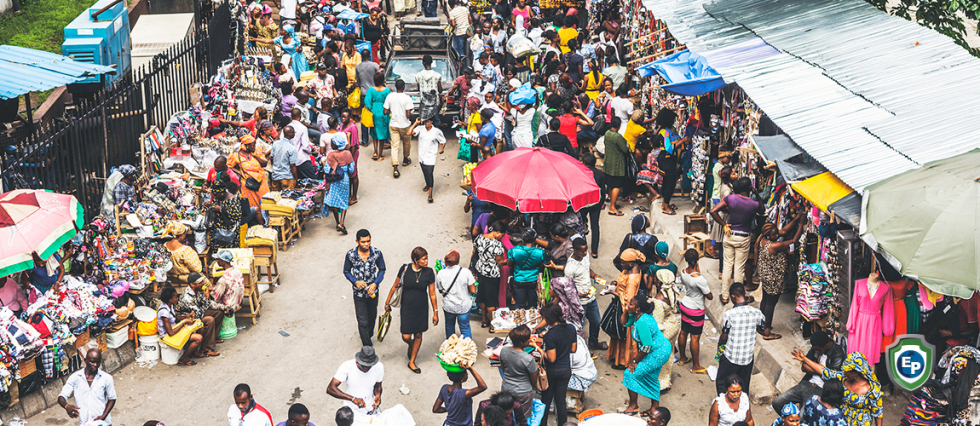How is Nigeria’s border closure impacting trade in West Africa?
Read this blog to find out why Nigeria partially closed its land borders with neighboring nations to the movement of goods.

On the 20th of August, 2019, Nigeria partially closed its land borders with neighboring nations to the movement of goods. When asked, Nigeria’s President, Muhammadu Buhari, said the reasons were due to massive smuggling of products, especially rice, through the borders.
In 2014, when the price of crude oil dropped worldwide, Nigeria’s economy fell into hard times because crude oil accounts for over 95% of its total exports and 90% of its foreign exchange earnings.
So, to cushion that effect on the economy, in 2017, the country established an Economic Recovery and Growth Plan, which aims to deepen investments in agriculture and increase its contribution to economic growth, among other plans.
The idea was designed to revive domestic farming and help Nigeria to save on food imports, which are over $22 billion a year. This and many other reasons are why the government thought it made sense to close its land borders to the illegal importation of rice, and illegal exportation of petroleum products.
In West Africa, Benin Republic is one of the countries that border Nigeria, like Togo, Chad, Niger, and Cameroon. However, Benin has strategically positioned itself as an entrepot state in the region. This means that it plays the role of a trading hub for importing goods and re-exporting them to Nigeria.
According to the Thailand Rice Export Association, Benin has been the largest importer of rice from Thailand for many years, even when it is clear that a country of about twelve million people cannot consume the volume of rice it imports. Conversely, Benin also illegally imports a large proportion of its petroleum products from Nigeria, because they are highly subsidized there.
Of course, there remains an intense competition between Benin and Togo for informal access to the Nigerian market. However, the border closure has had considerable disruptions to trade in the West African region, and it has negatively affected many businesses. Many companies have had to lay off staff and reduce their operations.
Ghana’s minister of foreign affairs and regional integration, Shirley Botchwey said in October 2019, that “truckloads of goods from Ghana had been detained at the Seme Border between Benin and Nigeria for weeks, and that returning such to the seaports would be a major loss for Ghanaian traders.”

No doubt, the border closure is inconsistent with Nigeria’s key multilateral commitments like the ECOWAS treaty, and the recently signed AfCFTA.
Nevertheless, it is critical that every country monitors and protects its land borders from smugglers, traffickers, and illegal migrants. Hence, Nigeria’s stance remains that exports must be done through the waters until further notice.
Another effect of the closure is that Nigerian exports within the ECOWAS region are decreasing. A report by FSDH Merchant bank found that some textile firms in the northern city of Kano have closed shop because they cannot export to clients across the border in Nigeria.
The truth is, no nation in the world can produce everything her people need, and that is the reason countries engage in international trade. As a result, this is why Nigeria’s border closure is severely affecting business in West Africa.
To improve matters, therefore, Nigeria needs to increase the capacity of border agents, enforce laws and regulations effectively, and deploy technology to strengthen and monitor its borders.
At Export Portal, we prioritize security and transparency so that our partners can confidently trade, network, and communicate with other verified companies and experts from all over the world.
We want to help small businesses facilitate trade, whether as a buyer or a seller, and we can guarantee secure transactions on our platform.
Are you a manufacturer, or a freight forwarder? Do you want to buy from or sell to companies across the world?
Register now to join our comprehensive global trade hub and have everything you need to trade safely and securely.






Comments 0